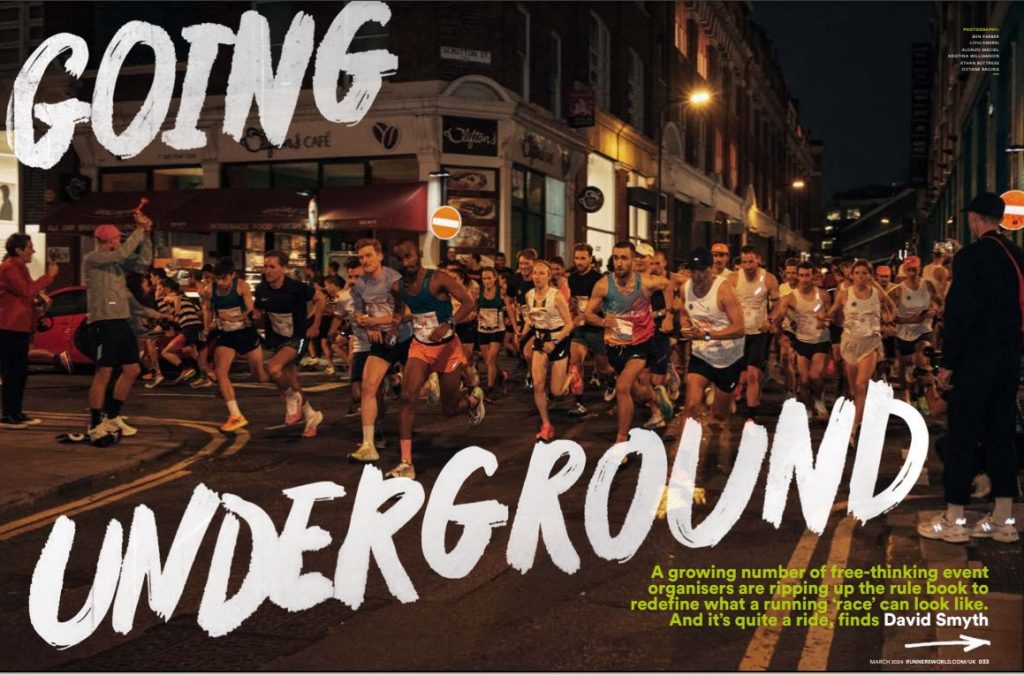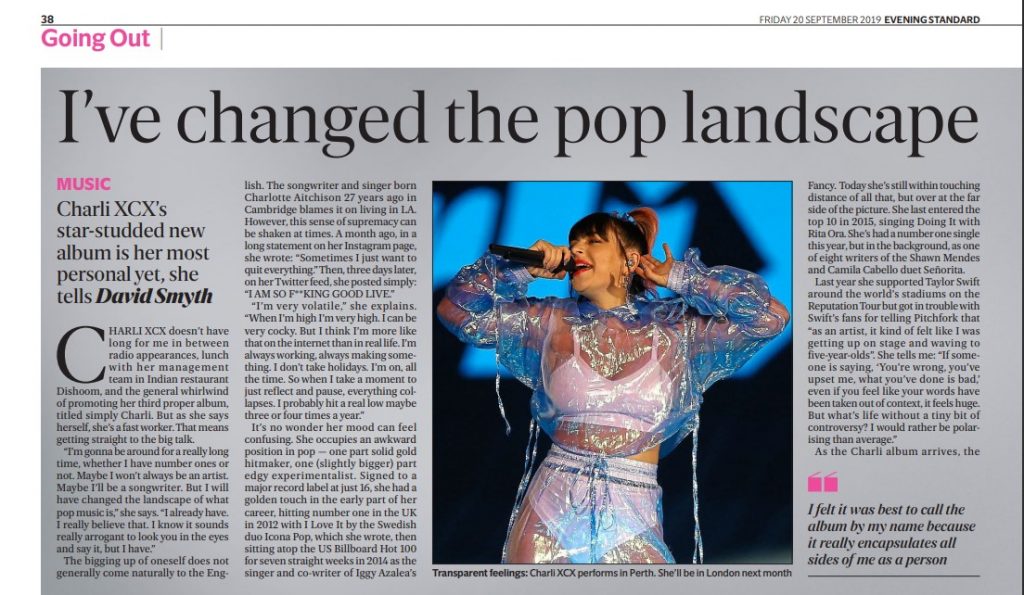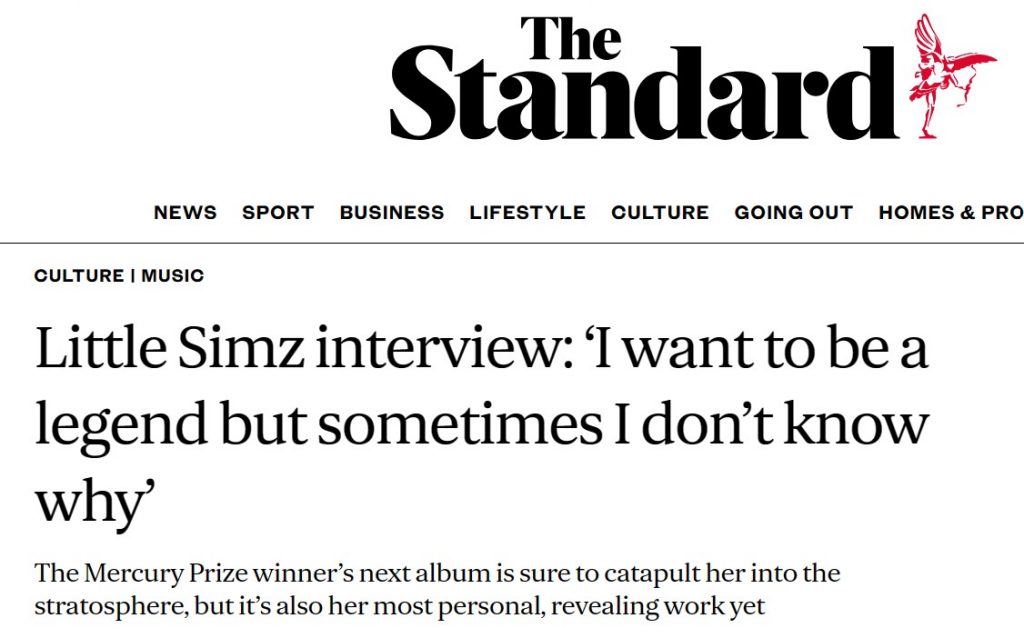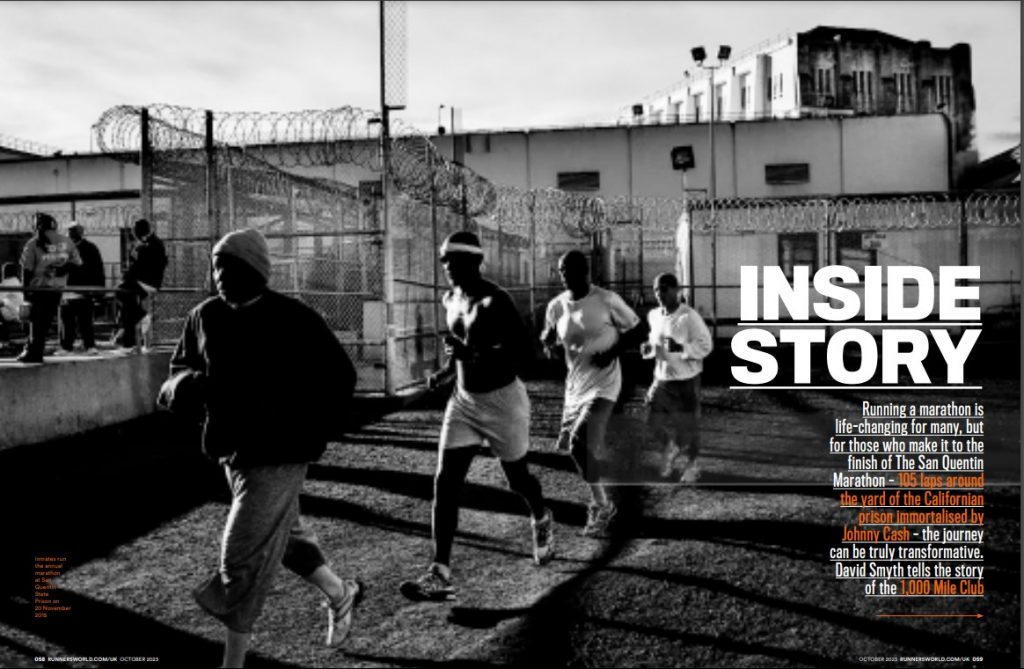There were probably more than a few New Year’s resolutions made to the sound of Rachel Platten’s Fight Song this month. Since it became a worldwide hit back in August, it has joined Katy Perry’s Roar and Brave by Sara Bareilles as an anthem for girls who don’t give up. “This is my fight song, take back my life song, prove I’m all right song,” she sings, adding: “I might only have one match, but I can make an explosion.” By the time its giant chorus sweeps you upwards the second time you’ll have asked that guy out, told your boss where to get off and signed up to that Race for Life, heart swelling with great intentions.
A few months on, there is an equally uplifting album to go with the song – Wildfire, out this week – and a first headlining show in London is coming later this month. “I used to visit London when I was younger with my family. I feel very close to the city,” says the singer from Boston, Massachusetts. Plus this is the only country where Fight Song (number six in the US, five in Canada and two in Australia) actually rose all the way to number one. “The fact that you guys embraced the song like that is so incredible to me. I’m so grateful.”
We’re not the only ones. Taylor Swift is a big fan too. In Philadelphia last June she brought Platten out on stage to sing it with her in front of 50,000 people. “That was a real crazy moment. I had dared to believe that my song would do that one day – have so many thousands of people all singing it along with me – then I’d put the dream back down, saying, ‘Rachel, are you crazy?’ So I was really aware of a dream being fulfilled that night. None of it was lost on me.”
Platten sounds more grateful than most for all this, because she’s had to wait for it a good deal longer. She is currently enjoying her first flush of success at 34, which in pop star years, like dog years, is equivalent to being 172. “I used to feel it was too late for me, I’d had my shot. You couldn’t make a pop star out of me.” The video for Fight Song illustrates her real life struggle, lugging her keyboard around empty bars in New York, crumpling endless scraps of paper as she toiled to write just one song that would connect with a sizeable audience. She moved to the city after gaining a degree in International Relations in 2003 and took any gig she could in Greenwich Village and beyond.
When we speak, she and her band are travelling to a theatre show in the city of Wilkes-Barre, Pennsylvania. “A year ago I remember driving this route to play to 25 people in a living room. Things are a little different now,” she says.
However, contrary to the standard narrative, the song didn’t pop from the ether fully formed and transform her instantly into a star, from a songwriting pumpkin to a glittering stagecoach. Making it and then selling it was a fight in itself. Platten had released an album, Be Here, in 2011, and experienced mild success with a chirpy, twee single called 1,000 Ships. It went to number 24 on the specialist US Adult Pop chart, not enough to stop her label at the time from dropping her.
“I got close many times, and it kept not working,” she says of the wisps of earlier success that came her way. “That’s almost worse than if it stays far away. If you can taste it, and it goes away, that’s really painful.” I suggest that her career sounds like a Las Vegas slot machine, making you lose but allowing you to win just enough to keep you playing. “It’s funny you should put it like that. Maybe that’s why I was so addicted to keeping on trying.”
After being dropped, she wrote songs solidly for about three months. “But my publisher said: ‘These songs don’t really feel like they’re yours. Why aren’t you telling your story?’ I was thinking, ‘I don’t want to tell my story. I don’t want to go there. It hurts.’ But I did. That chorus came out of me as if it was already pre-packaged. It was the easiest thing to write in the world.”
Even then, she struggled. Fight Song’s verses came much later. “I wrote so many different verses, and tried producing it with a lot of different people. It was the hardest thing I’ve ever done, honestly.” When it was finally finished, although she was convinced it was the one, others, including her manager, were not. Luckily, the public thought differently.
“This didn’t happen from the top down. No one chose me. The industry didn’t decide yes, this is good enough to be heard. It was the fans. They said, ‘This song is helping us.’ People started shazaming it [using the song identification app Shazam] and because of those numbers, the labels thought, ‘Oh shit, we have to pay attention now.”
It has since been adopted by people enduring more serious struggles than hers. If you feel like a good cry, YouTube is awash with sick children, hospital staff and in one case, brain tumour patient Christine Luckenbaugh’s entire family, singing their own Fight Songs. Before her fame, Platten worked with the charity Musicians on Call, singing at hospital bedsides. “Whenever I went to do that, it was this one-on-one, incredible moment that would remind me and really strengthen for me how powerful music was. I couldn’t give up, because even if it was just on a one-on-one basis, it was really helping.”
She’s mature enough to suggest that she doesn’t think the music business was being unfair to her with all those years of knockbacks. “It is true that I wasn’t ready. I hadn’t quite done all of the work I needed to do.” But now that she has her hands on the prize, she’s not letting go. A new single, Stand by You, is another catchy, feelgood message of support, ready to prove that she didn’t wait over a decade to be a one-hit wonder. She’ll work hard to stay on top because she definitely doesn’t believe that she simply got lucky at last.
“I don’t think this is me being given a chance. I forced that door open. It wasn’t going to happen unless I literally kicked the door open with a song that demanded to be heard. After 15 years of trying, this door feels like it’s open now and I’m not gonna let it shut.”
Jan 19, Bush Hall, W12 (020 8222 6933, bushhallmusic.co.uk).
Wildfire is out now on RCA.











